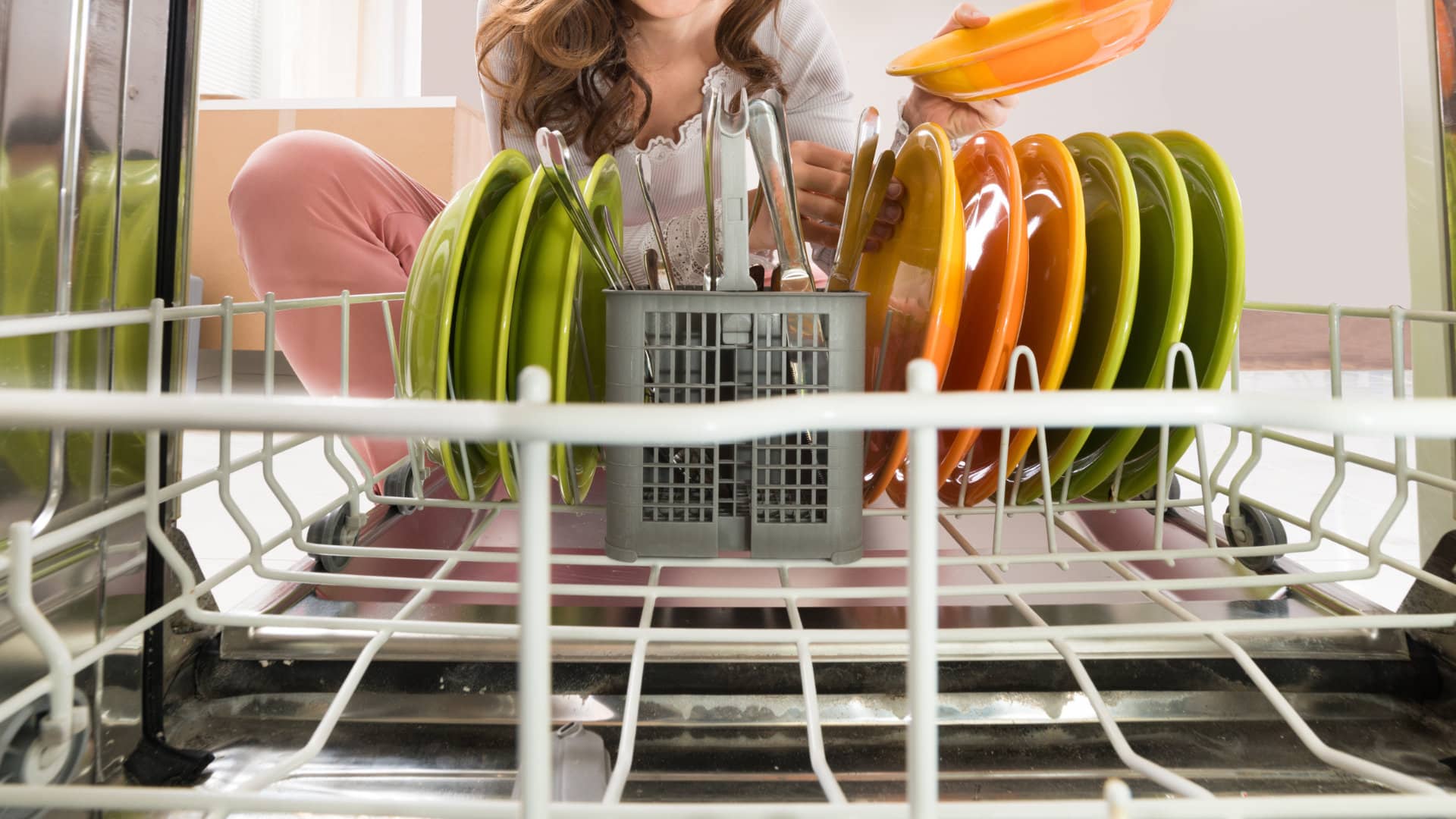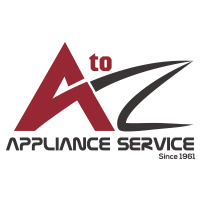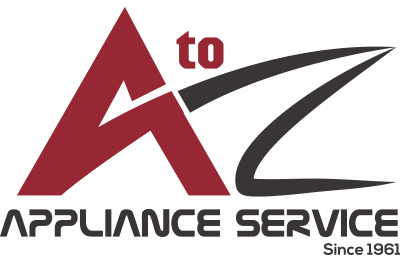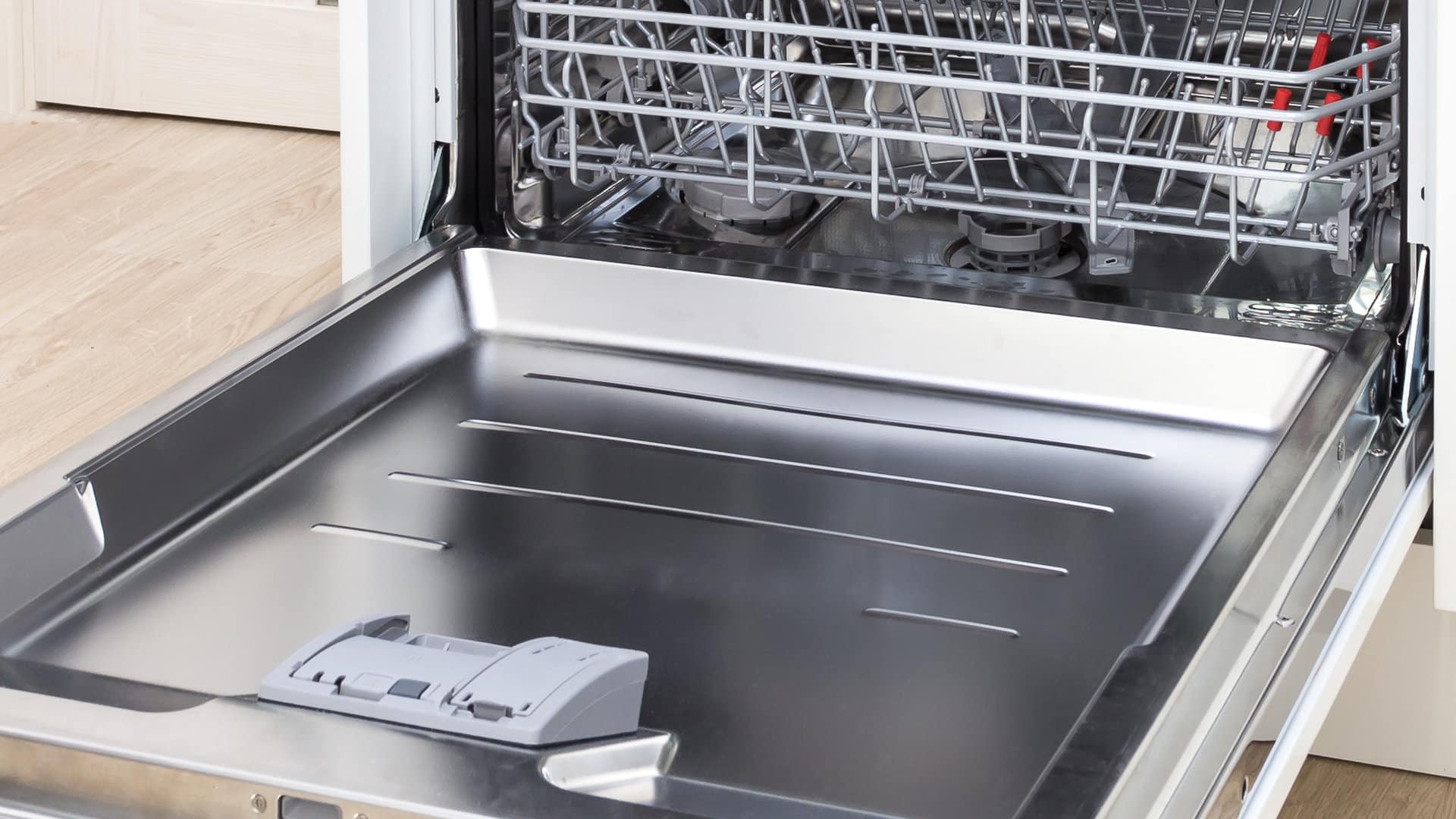
Nothing is more frustrating than putting dirty dishes in your dishwasher and returning to find them still covered in food residue. But have no fear. If you’re experiencing a drainage issue with your Bosch dishwasher, there are a few things you can do to troubleshoot the problem. In this blog post, we’ll go over the common culprits behind a non-draining Bosch dishwasher and give you some simple DIY solutions to remedy the situation.
Run the Garbage Disposal:
You may not know this, but most dishwashers are connected to the garbage disposal. The drain hose connects under the sink, taking advantage of the plumbing already in place. But this connection is also right next to the garbage disposal. If the disposal is clogged with food debris, then that can prevent the dishwasher from draining properly.
Run the garbage disposal for 15 seconds. Then, move on to the next step.
Check the Drain Filter:
One of the most common reasons a dishwasher won’t drain is a clogged drain filter. The drain filter traps food particles and other debris, keeping them from getting into your dishwasher drain pump and draining system. If it gets clogged, though, water won’t be able to properly drain from your dishwasher. The good news is that checking the drain filter is easy enough to do yourself.
If the dishwasher is full of water, be sure to clear it out using a shop vacuum or by hand with a container, sponge, and bucket. Just be sure to keep a towel handy for any spills.
Now, locate the filter (located at the bottom of your dishwasher), remove it, and check if anything is blocking it. If there is, clean it off with a quick scrub and replace the filter. Voila, your dishwasher should now be draining properly again!
If the drain beneath the filter is blocked, remove the blockage and pour in a cup of baking soda along with a cup of vinegar. The fizzing from the mixture will help dislodge any clogs deeper in the drain. Leave the mixture for 15 minutes, then rinse it down with hot water.
Clear the Air Gap:
Not all sinks will have an air gap. These depend on your local plumbing building codes.
The air gap is a small, cylindrical device that’s mounted to the top of your sink. Its main function is to prevent backflow from your dishwasher into your sink. However, it can also become clogged with debris that prevents water from properly draining. Locate the air gap and remove the cap to check if this is the issue. If there’s any debris blocking it, clear it out, replace the cap, and then try running your dishwasher again.
Check the Drain Hose:
If both the drain filter and air gap are clear and your dishwasher still isn’t draining, it’s time to check the drain hose. The drain hose connects your dishwasher drain pump to your home’s plumbing system. If this hose becomes kinked or clogged with debris, water won’t be able to properly flow through it, and your dishwasher won’t drain.
Start by inspecting the hose for any kinks or twists. If you find any, the hose will need to be replaced.
You can also try dislodging debris from the hose by disconnecting it and running a long, flexible brush through it. If you do not have one, you can take the hose outside and flush it out using the garden hose. Once you’ve cleared the hose, try running your dishwasher again to see if it drains properly.
If the hose will not clear, then it will need to be replaced.
Inspect the Drain Pump:
If none of the above solutions fix your non-draining Bosch dishwasher, it’s time to inspect the drain pump. The drain pump pumps water out of your dishwasher and into your home’s plumbing system. If it’s not working properly, nothing in your dishwasher will drain. To inspect the drain pump, you’ll need to remove the dishwasher’s base plate and access panel and locate the drain pump. The drain pump is a rectangular device that will have the rain hose connected to it. Disconnect the drain hose attached to the pump. You may need a set of pliers to undo the clamps. Undo all of the connections to the drain pump.
Check for any obstructions, such as a foreign object or debris. If you find anything, remove them.
Reconnect the drain pump, tighten the clamps, and replace the access panel. If the drain pump still doesn’t work, it may be time to seek help from a professional appliance repair technician.
When to Call a Professional
If you have tried all the above steps and your dishwasher is still not draining properly, it may be time to call a professional. A professional appliance repair technician will be able to quickly find the source of the problem and get your dishwasher up and running in no time.
A professional will also be able to inspect other parts of your Bosch dishwasher, such as the filter, drain pump, and motor. They can also make sure that all the connections are tight and secure.
How to Prevent Future Dishwasher Draining Problems
To prevent future dishwasher drainage dilemmas, it is important to maintain and clean your dishwasher regularly. Ensure you regularly remove debris or food particles from the filter and pre-rinse your dishes. Additionally, use a soft cloth or sponge to wipe down the inside of your dishwasher every month. This will help ensure that there isn’t any debris that can clog the drain pump.
Finally, run a cycle with distilled white vinegar every few months. This will help remove any build-up and keep your dishwasher running like new. With some regular maintenance and cleaning, you should have no problem avoiding future drainage issues.
Having a dishwasher that won’t drain can be a hassle, but it’s a common issue with a number of easy-to-fix solutions. So, next time your Bosch dishwasher isn’t draining, remember to first check the drain filter, clear the air gap, and inspect the drain hose and pump.
With some troubleshooting, you can get your dishwasher up and running again without needing professional help. If all else fails, however, don’t hesitate to seek assistance from a trusted repair technician.
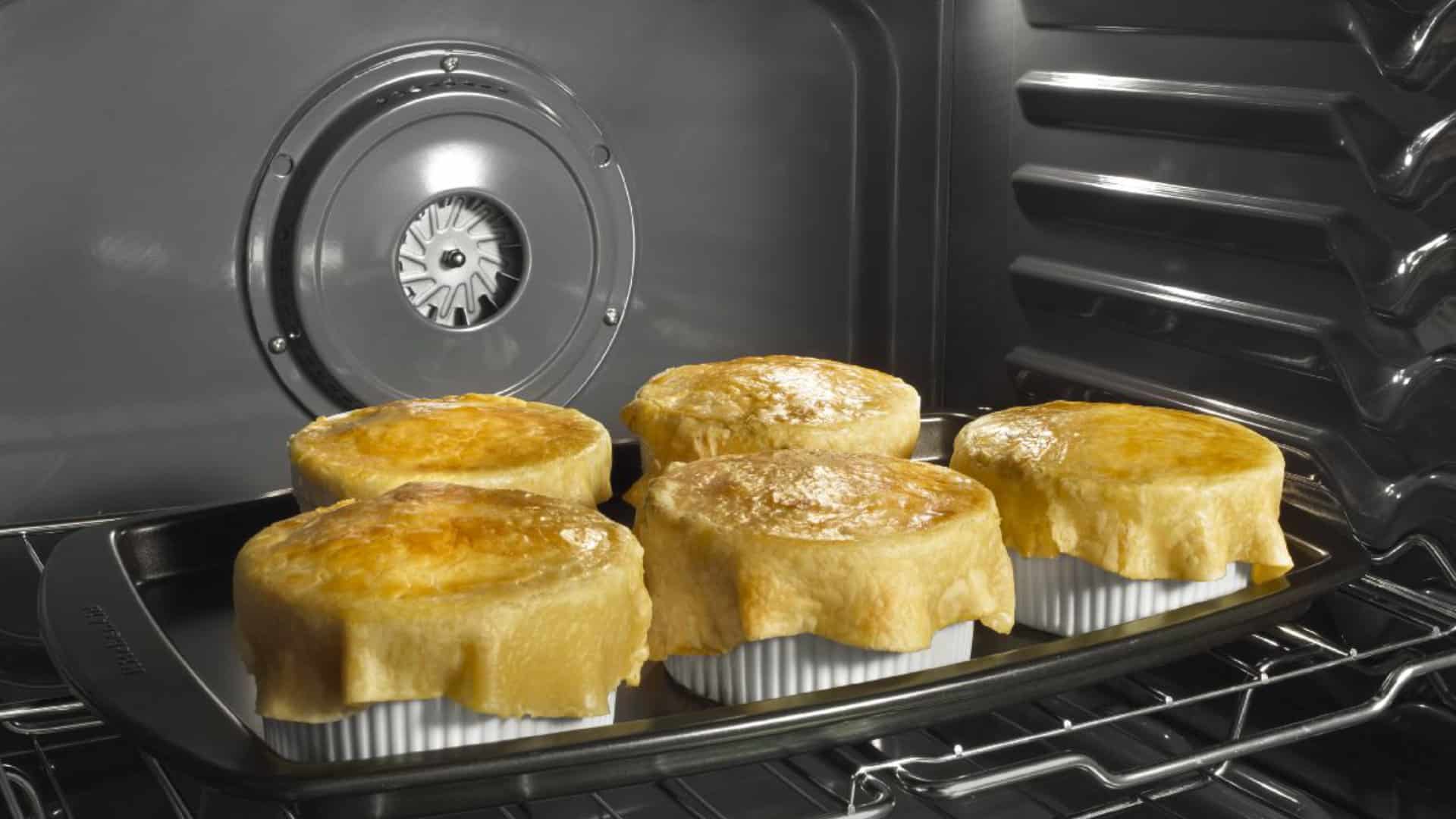
How to Fix Whirlpool Stove F9 Code
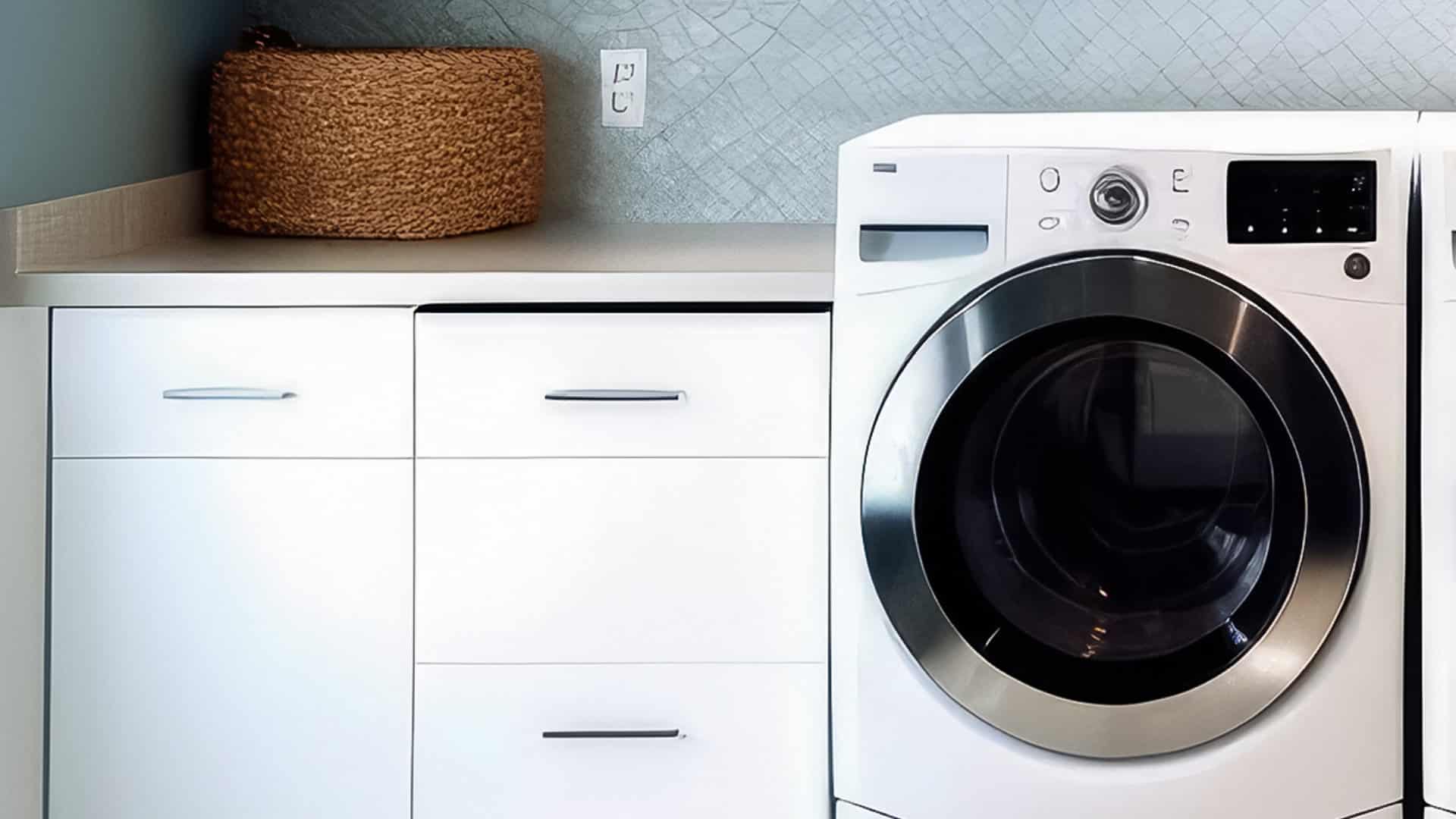
Fix Whirlpool Duet’s F20 Error Code

Freezer Working But Not Fridge? 5 Fixes

Speed Queen Washer Error Codes Explained
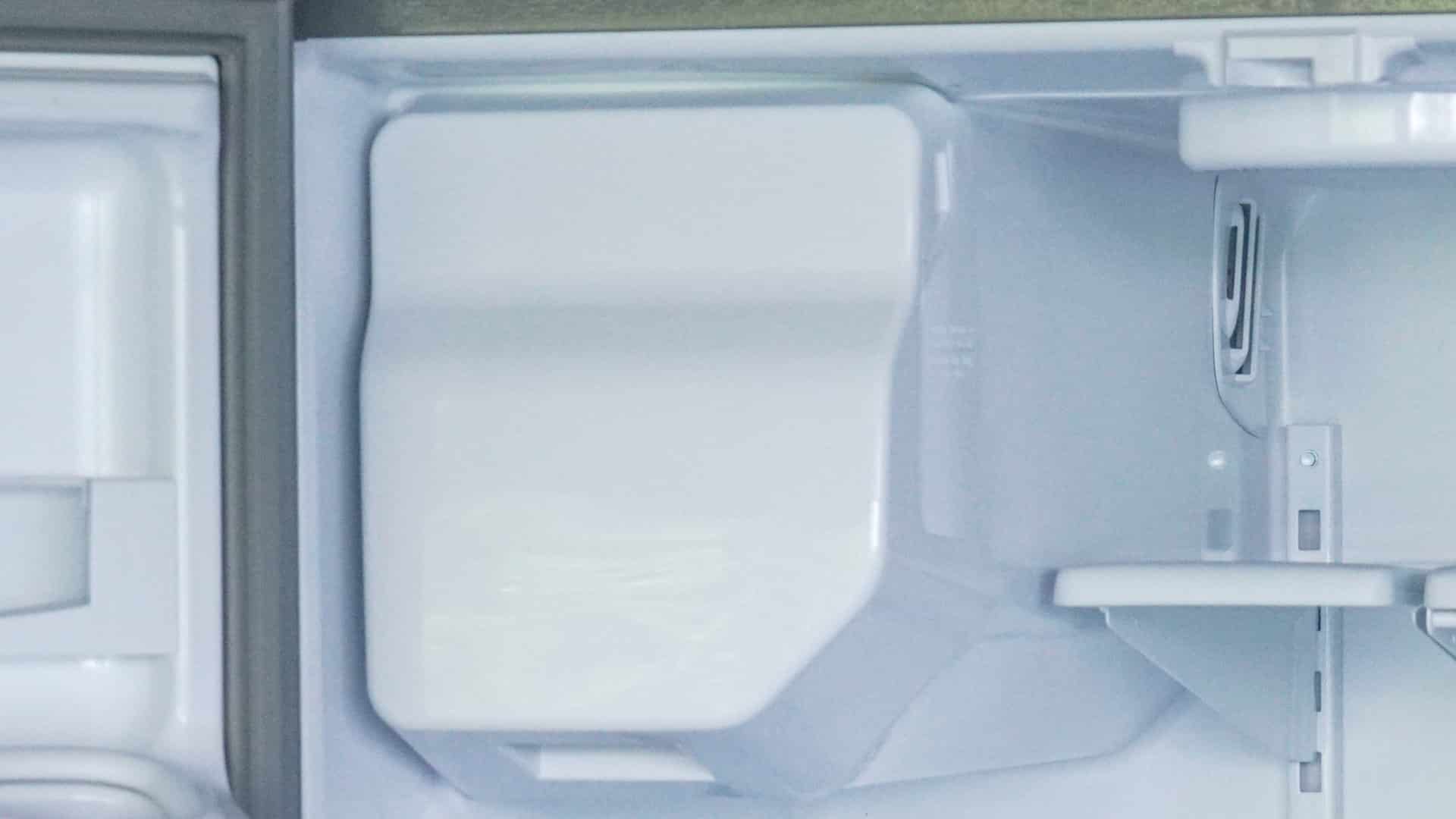
7 Reasons Why Your KitchenAid Ice Maker Isn’t Working
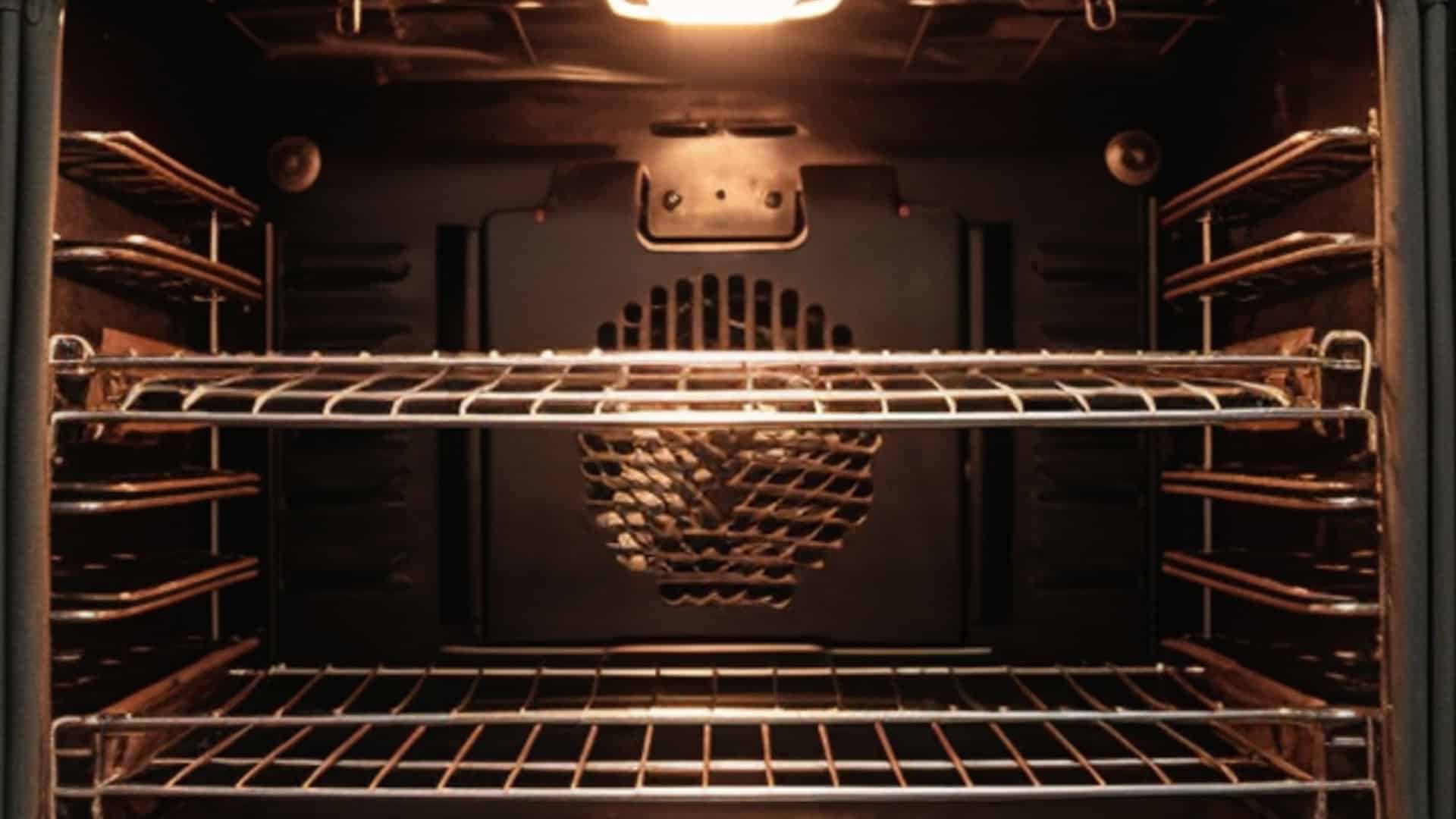
LG Oven F9 Error: Here’s How to Fix It
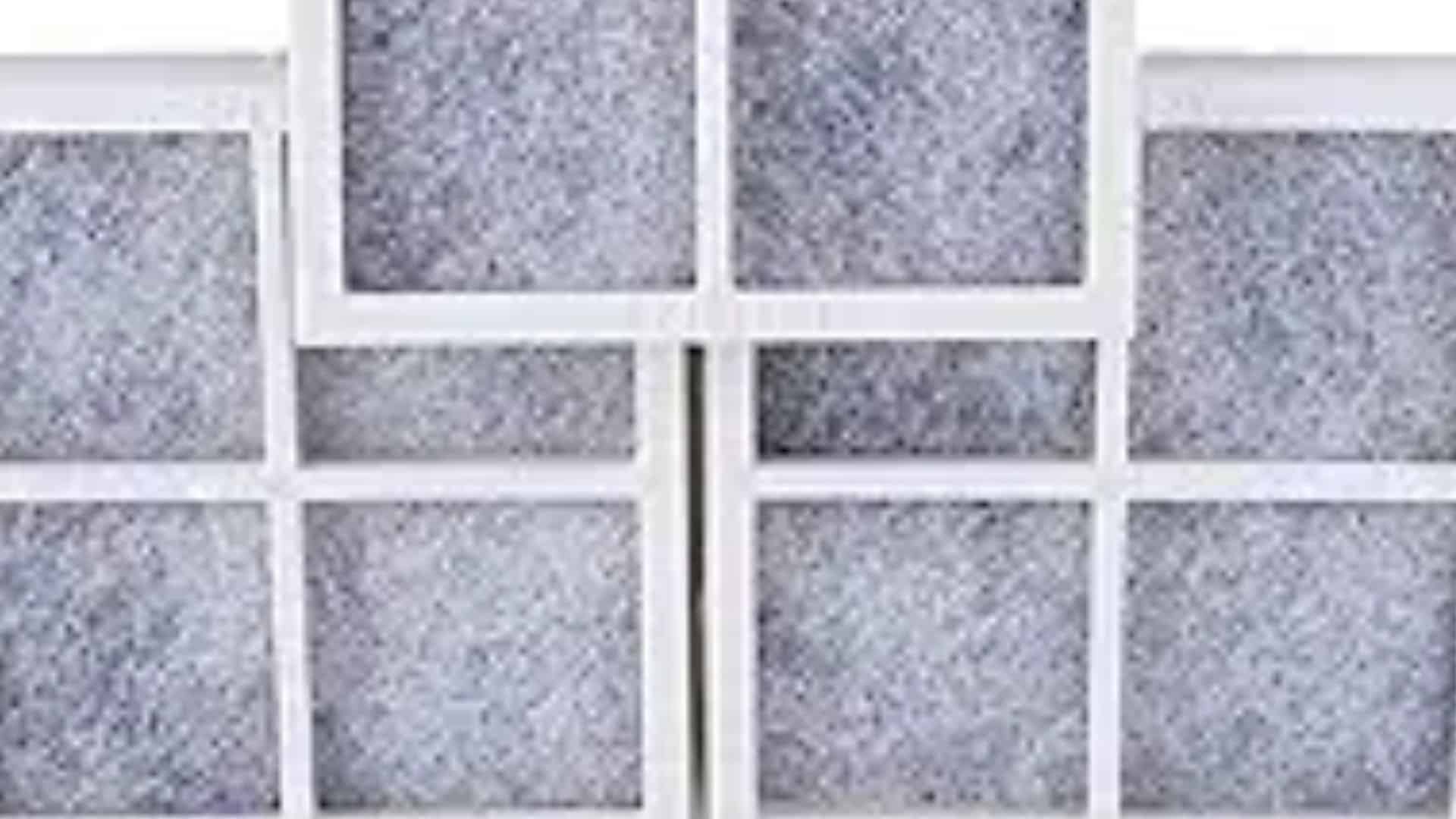
How to Replace an LG Refrigerator Air Filter
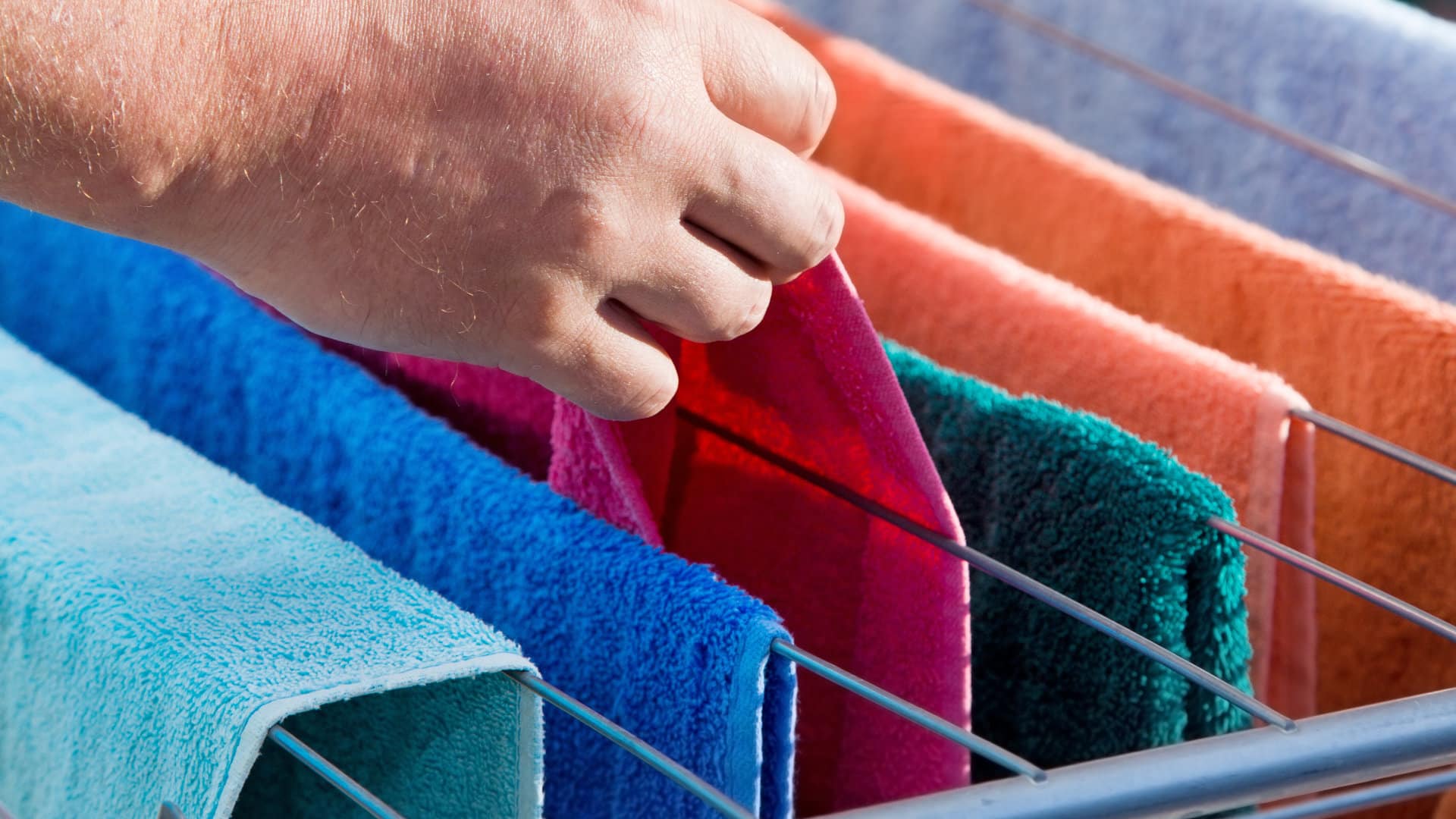
What Do Dryer Sheets Do?

How to Cook Corn on the Cob in the Microwave
